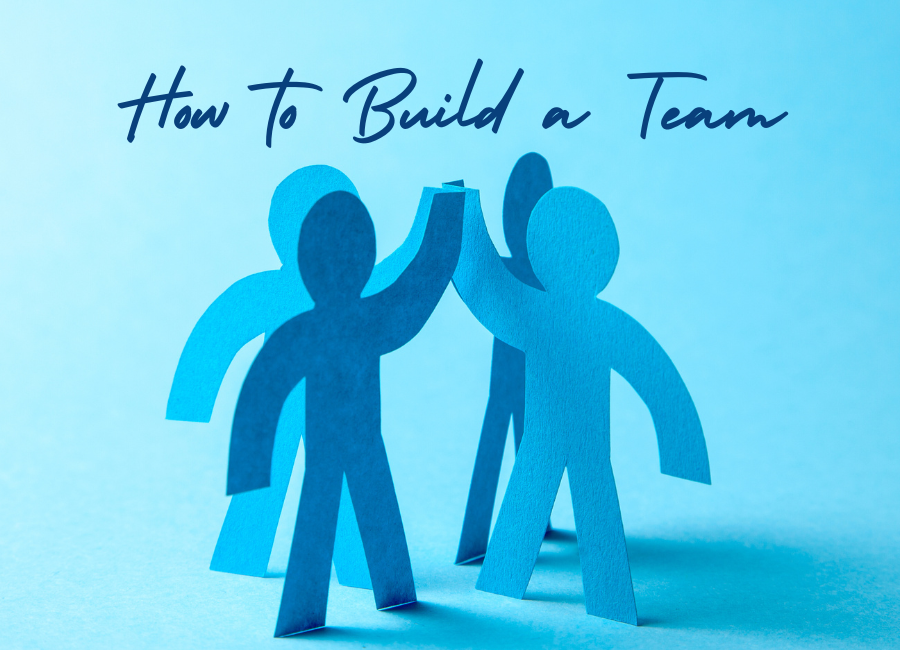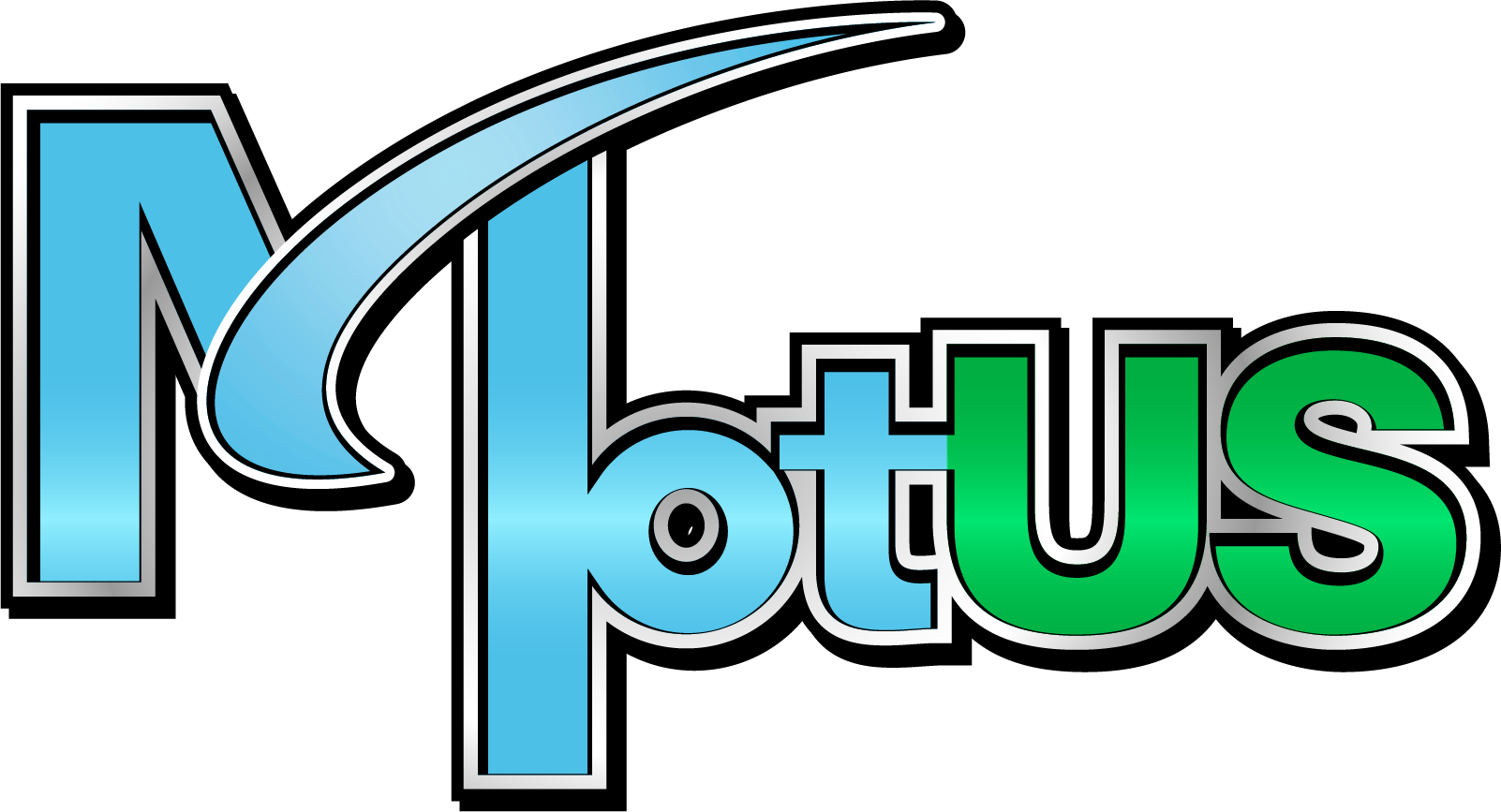Quick Edge: Should You Hire Parents? (Short answer: yes—with guardrails.)

If you’ve ever stared at an empty sub list the night before comp and thought, “I wish I could clone a few of our best parents,” this one’s for you. In this Quick Edge episode, Stacy & Casey go full morning-radio energy (someone call 99.8 FM) to unpack the surprisingly great upside of hiring parents—plus the non-negotiable boundaries that keep it healthy for the team, the staff, and their kids.
Why hiring parents can be a win
Parents are already invested. They show up, they care, and they understand your gym’s rhythm better than most new hires. When you hire the right ones, you get:
- Built-in buy-in: They want the program to thrive because their kid is in it.
- Culture carriers: They know “how we do things here” and can model it for new families.
- Community glue: They bridge staff and stands, translating decisions into plain English when emotions run high.
What Makes a Team Bonding Activity Work
Not all team bonding is effective — or fun. Use these filters to make sure your activities land:
- Make it Fun: If it’s forced or boring, it backfires. Keep energy high.
- Keep it Inclusive: Make sure every athlete, regardless of role or personality, can participate.
- Spark Communication: Look for games that require athletes to talk, listen, and collaborate.
- Connect to Cheer: Bonus points if the activity mirrors teamwork, timing, or trust.
- Switch It Up: Use a mix of physical, creative, and reflective challenges to keep it fresh.
But you need bright, bold boundary lines
Enthusiasm without structure turns messy fast. Before any parent clocks in, cover these:
1) Role clarity:
Are they front desk? Team admin? Assistant coach? Spell out tasks, hours, who they report to, and where their authority starts/ends.
2) Travel & perks:
Parents-who-coach still have kids-who-travel. Decide (in writing) what’s covered:
- Room stipend or shared room?
- Is their athlete’s travel ever comped? (Usually no; if sometimes, define when/how.)
- If a parent’s team performs during their child’s routine,
team duty wins. No surprises later.
3) Confidentiality (zero tolerance):
If they can see billing or rosters, they can
never discuss another family’s info. Treat it like HIPAA for tuition. One breach = loss of role.
4) Communication channels:
Parent-friends will text them about team placements, stunt groups, center spots… all the things. Give your parent-employee a script:
- “Thanks for reaching out—please email the program inbox so leadership can help. I can’t address team decisions via text.”
- Then require a quick FYI to leadership so you’re never blindsided.
5) Social boundaries:
Friendly? Yes. Entangled? No. Skip the late-night room hangs, bar meetups, and bestie group chats with athletes’ parents. Professional distance protects everyone—including them.
The spiciest question: should a parent coach their own child?
Rare exceptions aside, the consensus here: avoid it. Even great coaches slide into one of two traps:
- Too soft: Perceived favoritism nukes team culture.
Too hard: Over-correcting to “prove” fairness hurts the athlete
and morale.
If you can’t avoid it (small market, limited staff), put guardrails in place: another coach makes playing-time/role decisions, a third party handles team placements, and the HC-parent recuses themselves from disciplinary calls involving their kid.
Hidden gotchas (and easy fixes)
- Schedule collisions: Their team performs while their kid competes next hall over. Decide now: the coach stays with the team; another trusted adult films the child’s routine and escorts them. Clear. Calm. No guilt.
- Parent DMs at 10:42 p.m.: Build a “cooling off” policy—no placement or score discussions until noon the next day, via official inbox only.
- “But we’re small—we can’t afford stipends.” Totally fine. Pay fairly for
work performed, not parent status. If budgets are tight, be transparent: “We can offer X hourly and Y staff discount, but no travel coverage this season.”
Mini policy swipe-file (steal this!)
- Confidentiality: “Access to customer accounts is for job duties only. Sharing any details—financial, roster, or travel—outside the office is grounds for immediate removal.”
- Dual-hat rule: “If you’re contacting staff about your child, state ‘Parent Hat On’ and use the parent support inbox. Coaching chats never include your athlete’s situation.”
- Game day priority: “If your coaching assignment conflicts with your child’s performance, team duty takes precedence. We’ll coordinate an approved chaperone/video for your athlete.”
- Social lines: “No alcohol with parents/athletes at events, no private rooms/hotel hangouts, and no team decisions via text/DM.”
Culture is the multiplier
Hiring parents works best when the gym’s culture is
explicit: how we treat kids, how we speak to refs/judges, how we handle loss, how we celebrate wins. As Casey put it, you want parent-staff who calm the water, not churn it—people who can say, “I know the process; here’s why it’s fair,” and mean it.
The bottom line
Parents can be your best hires if you give them firmer rails than any other role. Define expectations, protect privacy, draw social lines, and keep communications centralized. Do that, and you’ll gain committed, culture-aligned adults who make your program stronger on and off the mat.
Also, yes, we’re now accepting fan mail for the Stacy & Casey Morning Show. First segment: “Where do baby cats learn to swim?” (Answer: the kiddie pool. We’ll see ourselves out. 😅)
Catch the full episode here:
The MotUS Edge Podcast – YouTube: https://www.youtube.com/@themotusedge
The MotUS Edge Podcast – Apple: https://podcasts.apple.com/us/podcast/the-motus-edge/id1786597546
The MotUS Edge Podcast – Spotify: https://open.spotify.com/show/63xUjmymxRiXHkSSEjlfOD?si=e5036453706148d9&nd=1&dlsi=02e897fb37a148ce











